Policy: Mutual respect key to Sino-U.S. ties
A realistic goal for United States policy toward China is finding a way to "coexist peacefully" with the country that the U.S. seeks to compete with from "a position of strength", U.S. Secretary of State Antony Blinken said on Wednesday.
In a conversation at the Council on Foreign Relations in New York, Blinken said there is not — at least in the near term, and maybe even in the lifetime of most people in the audience — a clear finish line in the competition between the two countries.
"This is more about getting to a place where we have peaceful and maybe somewhat more productive coexistence between us, because the bottom line is this: China's not going away, we're not going away, so in the first instance we have to find a way to coexist and coexist peacefully," he said.
Peaceful coexistence is one of the three principles that President Xi Jinping has put forward as the fundamental, right way for the two countries to get along in the new era.
During their meeting in Beijing on June 19, Xi told Blinken that China always hopes to see a sound and steady China-U.S. relationship and believes that the two countries can overcome various difficulties and find the right way to get along based on mutual respect, peaceful coexistence and win-win cooperation.
Blinken made his remarks after Council on Foreign Relations President Richard Haass asked him how to define success and what a realistic goal of U.S. policy toward China would be. Their conversation focused on the Biden administration's approach to foreign policy overall.
When Haass said he was "struck" by the diplomat's language of characterizing the goal as to "coexist peacefully", Blinken said that "at a minimum, that has to be, I think, the base line."
"We have a responsibility, we have an obligation that we hear from around the world to manage the relationship responsibly, and that gets to the peaceful coexistence part. We hear this demand signal everywhere," Blinken said.
"But that doesn't mean that we're standing still, it doesn't mean that we're accepting that as the goal, but it is the foundation. And from there, as I say, we're in a competition," he added.
Blinken said that Washington is in an "intense" and long-term competition with Beijing, and that "we want to make sure that in that competition, we're in a position of strength" and "able to shape what comes next."
"At the same time, we are determined that that competition does not veer into conflict, which would be terrible for everyone involved," Blinken said, adding that his recent trip to China was aimed at rebuilding sustained lines of communication.
"And then, finally, there are areas where, if it's in our mutual interest, we should find ways to cooperate. We talked about that as well," he said.
Blinken said in a recent interview that the U.S. will continue to defend its values and interests, and will continue to do and say things that China doesn't like.
Commenting on this, Foreign Ministry spokeswoman Mao Ning said on Thursday that Washington should stop making irresponsible comments and take concrete measures to deliver on its commitment, urging the U.S. to respect China.
China is dissatisfied with the remarks by Blinken, Mao said. The U.S. pursues a misconceived China policy, which stems from a misguided perception of the country, she said, adding that the U.S. also seeks to block, contain and suppress China and has been smearing China's image and interfering in China's internal affairs.
"What the U.S. has said and done violates the basic norms governing international relations. China has every reason to firmly oppose that," the spokeswoman said.
"Mutual respect is the basic principle for countries dealing with each other and an essential part for China and the U.S. to find the right way to get along," she said.
The notion of peaceful coexistence is also part of restraint-based U.S. policies toward Beijing proposed by Michael Swaine, a senior research fellow, and Andrew Bacevich, chairman of the board of directors, at the Quincy Institute for Responsible Statecraft, a think tank in New York.
In "A Restraint Approach to U.S.-China Relations: Reversing the Slide Toward Crisis and Conflict", a paper that they published in April, they said that Washington currently pursues largely zero-sum, comprehensive competition and confrontation with Beijing.
They said that should be replaced with a stable, balanced, mutually beneficial form of peaceful coexistence and bounded competition that can sustain global peace and prosperity while effectively addressing the primary threats facing both countries.
For the foreseeable future, mutual coexistence, compromise and balance among the great powers will have to suffice as an operative conception of peace, according to the authors.
"This concept thus rejects the use of distorting and dangerous, usually zero-sum ideological frameworks in understanding global politics, such as 'democracy versus authoritarianism', or a singular stress on 'great power competition'," they wrote.
Blinken's mention of "peaceful coexistence" contrasts with China-bashing rhetoric by some U.S. presidential contenders, with the 2024 presidential election roughly 17 months away.
On Tuesday, Nikki Haley, a Republican presidential candidate, called for ratcheting up pressure on China to address a dramatic rise in overdose deaths attributable to fentanyl in the U.S. by pushing Congress "to revoke permanent normal trade relations until the flow of fentanyl ends".
At a speech at the American Enterprise Institute, a right-leaning think tank in Washington, Haley, a former U.S. ambassador to the United Nations, also pledged to push U.S. companies to leave China.
Beijing has said that its efforts to prevent the illegal manufacturing, trafficking and abuse of fentanyl speak for themselves, and that the U.S., instead of recognizing China's contributions, has been scapegoating China.
Liu Pengyu, a spokesman for the Chinese embassy in Washington, called Haley's remarks "irresponsible".
"China-U.S. economic relations are mutually beneficial. Pushing American companies to leave China runs counter to economic laws and will ultimately harm everyone's interests," Liu said in a statement.
"Those who draw attention by smearing and blame-shifting in the election campaign will end up on the 'ash heap of history'," Liu said.










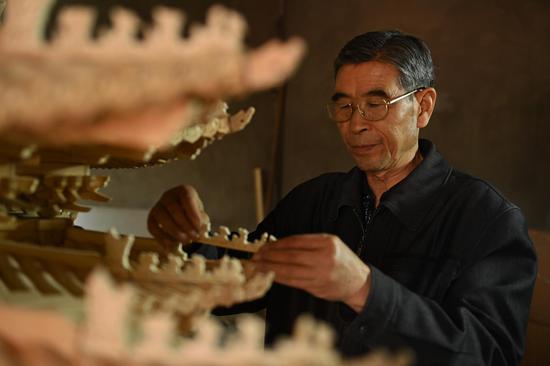

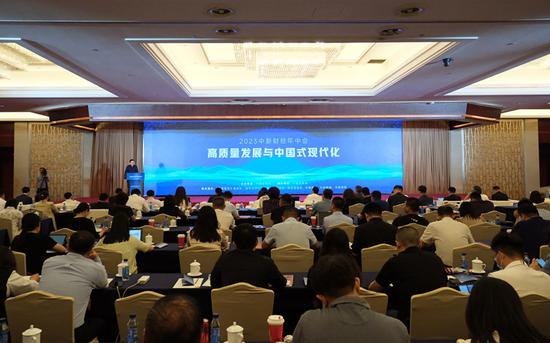














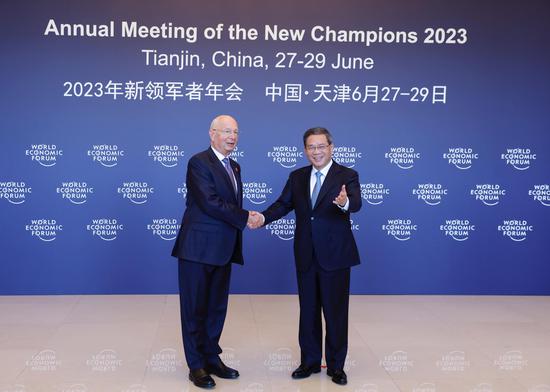
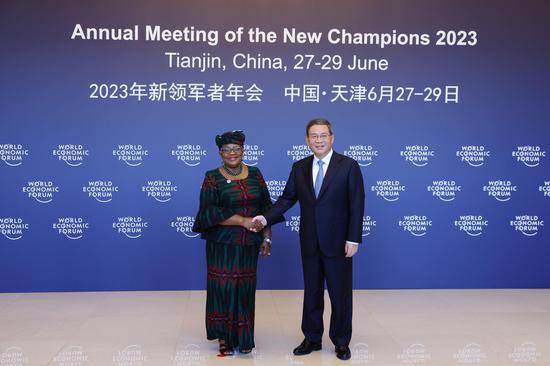
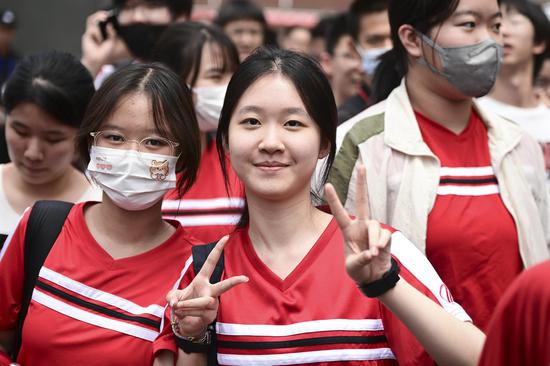





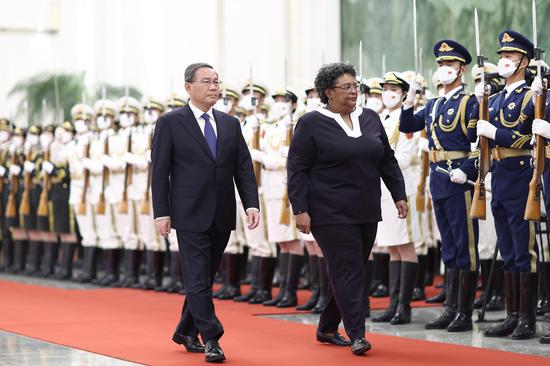
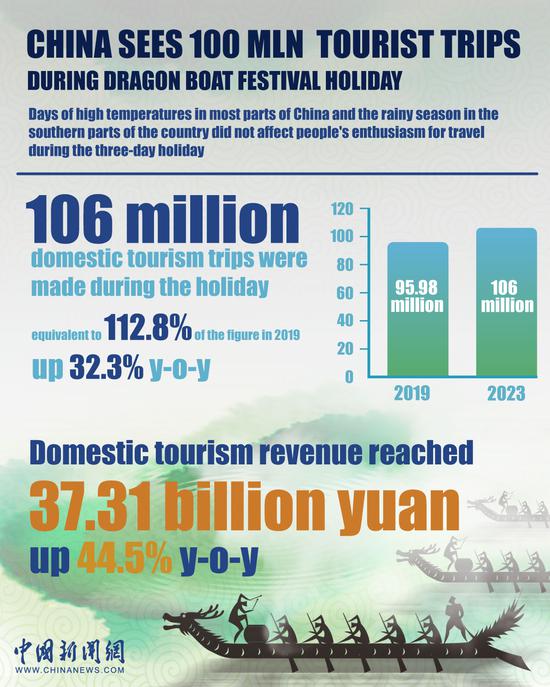




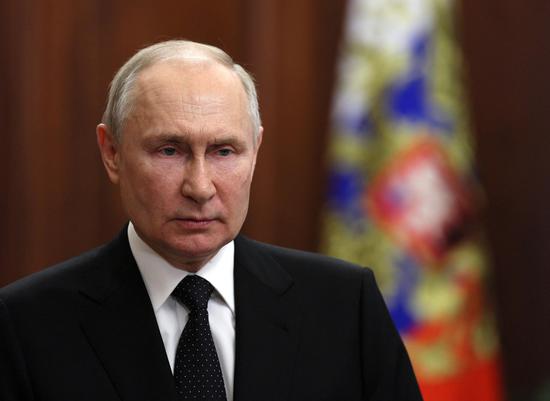
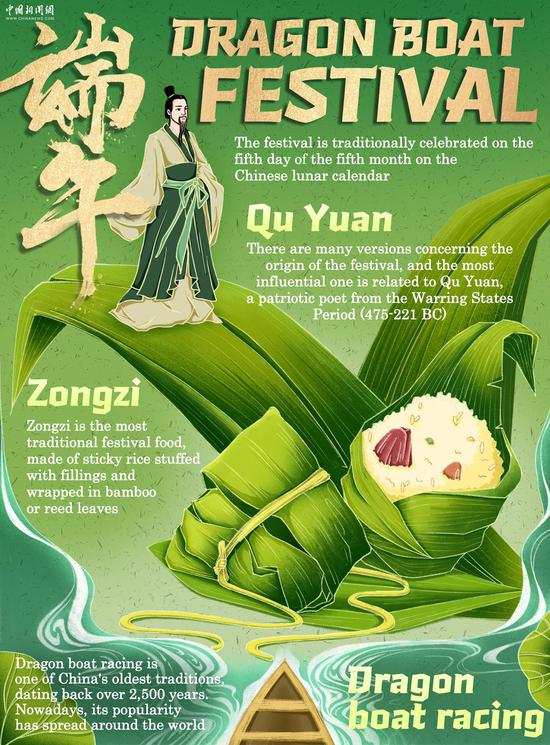







 京公网安备 11010202009201号
京公网安备 11010202009201号